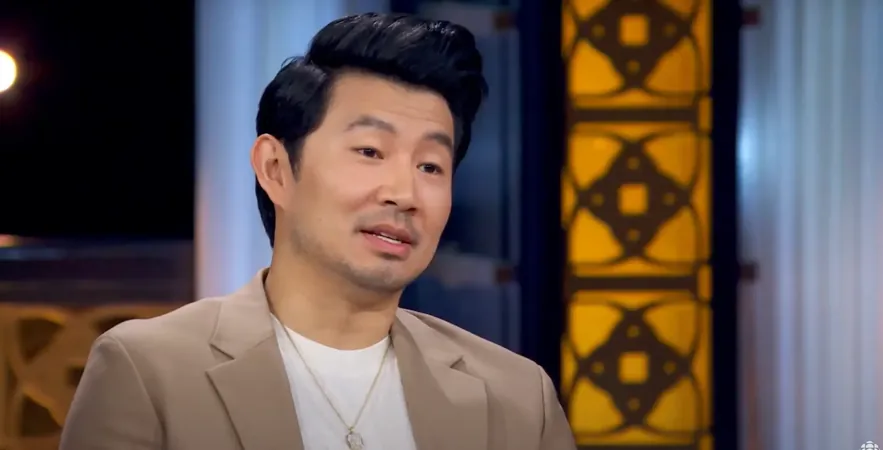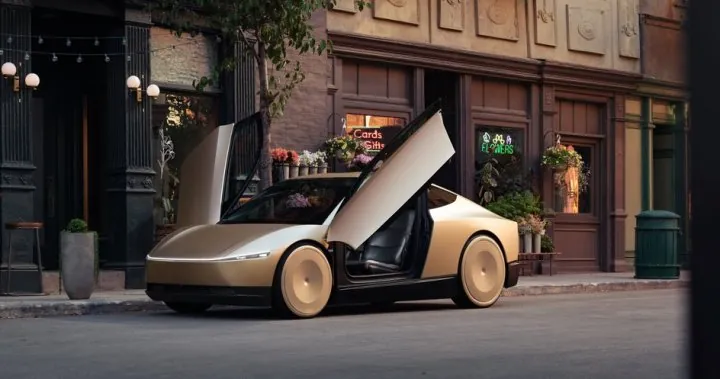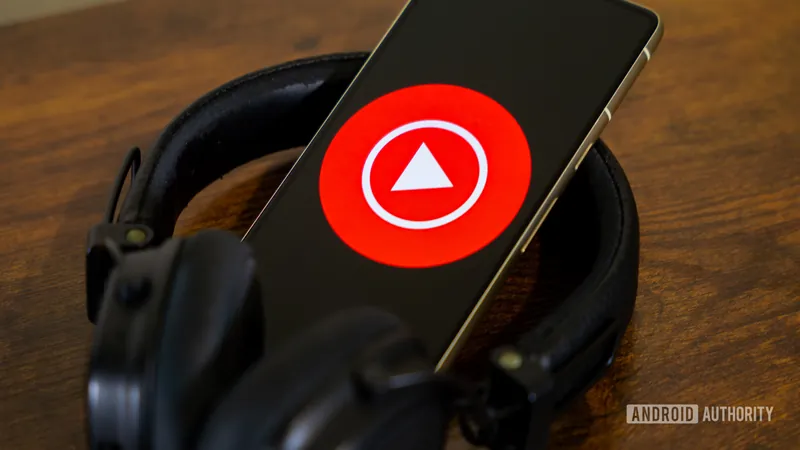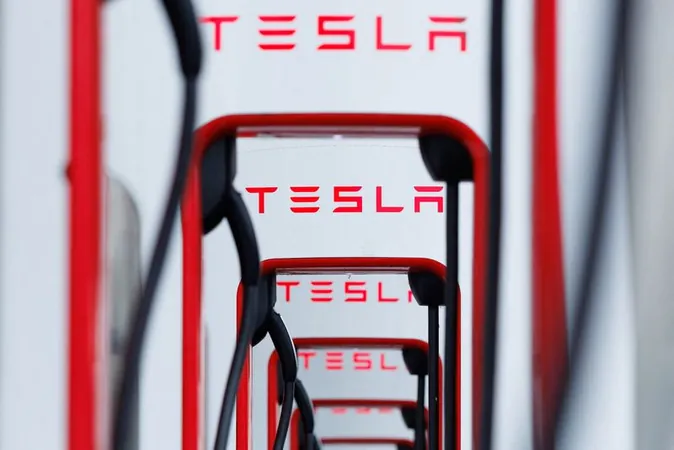
Simu Liu Slams Bubble Tea Business for Cultural Appropriation on 'Dragons' Den' – Here's Why You Should Care!
2024-10-11
Author: Charlotte
Introduction
In a recent episode of CBC's reality show *Dragons’ Den*, Toronto actor Simu Liu drew attention for calling out a bottled bubble tea business for cultural appropriation, igniting a discussion that has many agreeing with his sentiments. Liu, famed for his roles as Shang-Chi in Marvel and his appearances in *Barbie* and *Kim's Convenience*, provided a critical perspective during his guest appearance on the show, which aired on October 10.
The Pitch
The episode showcased entrepreneurs Sebastien Fiset and Jess Frenette from Quebec City, who pitched their bottled bubble tea brand, "Bobba," to the panel of business moguls. Seeking a whopping one million dollars in exchange for 18% ownership, the duo claimed to have redefined the traditional Asian beverage into a contemporary, healthier, ready-to-drink option. They rolled out new innovations including an alcoholic version and a grab-and-go popping boba.
Simu Liu's Concerns
However, Liu didn't hold back in expressing his concerns. He highlighted the absence of Asian representation in the business, stating that it problematically distorts a beverage that stands as an important symbol of Asian culture. "There’s an issue of cultural appropriation. There’s an issue of taking something that’s very distinctly Asian in its identity and quote, unquote ‘making it better,’ which I have an issue with," he asserted during the pitch.
Defending Their Position
The founders attempted to defend their position, with Fiset arguing that the inclusion of popping boba made their product ethically compliant. But Liu challenged this notion, citing the long-standing tradition of popping boba in authentic Asian bubble tea. He pressed the entrepreneurs on what steps they were taking to honor the cultural roots of the drink, questioning the lack of Asian voices involved in their product development.
Cultural Ties
When pressed about their cultural ties, Fiset revealed that one of their partners based in Taiwan develops their recipes. However, Liu remained unimpressed, emphasizing the importance of visibly acknowledging the origins of the beverage within their branding. He expressed that he would not support a venture profiting from something meaningful to his heritage, saying, "I want to be a part of bringing boba to the masses, but not like this. So, for that reason, I’m out."
The Outcome
The episode concluded with Fiset and Frenette accepting an offer from fellow dragon Manjit Minhas: one million dollars for a 20% stake in the company.
Public Reaction
Following the episode, reactions surged online, with many supporting Liu's stand against cultural appropriation. Comments flooded platforms like TikTok, where users praised Liu for courageously confronting the business about their lack of consideration for the beverage's roots. One user remarked, “To market your version of boba as healthier... is very much cultural appropriation.” Another echoed similar sentiments, expressing disappointment in the other investors for their dismissive attitude towards Liu's concerns.
Conclusion
This incident highlights a wider discussion about cultural appropriation in business, especially regarding food and beverage industries. As globalization accelerates, the lines between cultural appreciation and appropriation continue to blur, raising critical questions: How can businesses honor cultural origins while innovating? What responsibility do they have to include diverse voices in their development processes?
With celebrities like Liu taking a stand, this topic is more relevant than ever. It challenges not just entrepreneurs, but all of us to reflect on the origins of the products we consume and the stories behind them.









 Brasil (PT)
Brasil (PT)
 Canada (EN)
Canada (EN)
 Chile (ES)
Chile (ES)
 España (ES)
España (ES)
 France (FR)
France (FR)
 Hong Kong (EN)
Hong Kong (EN)
 Italia (IT)
Italia (IT)
 日本 (JA)
日本 (JA)
 Magyarország (HU)
Magyarország (HU)
 Norge (NO)
Norge (NO)
 Polska (PL)
Polska (PL)
 Schweiz (DE)
Schweiz (DE)
 Singapore (EN)
Singapore (EN)
 Sverige (SV)
Sverige (SV)
 Suomi (FI)
Suomi (FI)
 Türkiye (TR)
Türkiye (TR)